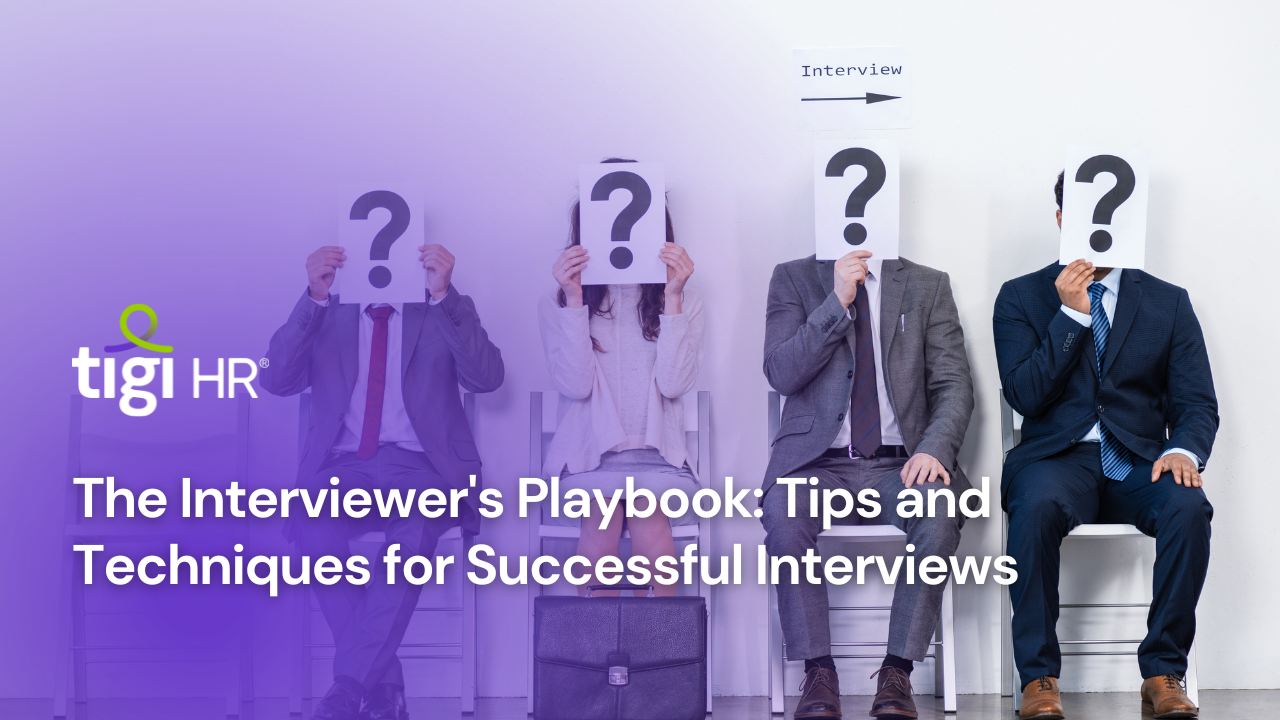As an interviewer, the responsibility to identify the right candidate for a role is paramount. Conducting effective interviews requires a strategic approach, adept questioning techniques, and a keen understanding of what makes a candidate the perfect fit for the organization. This comprehensive guide delves into essential tips and techniques for interviewers, enabling them to conduct successful interviews and make informed hiring decisions.
Understanding the Interviewer’s Role in the Hiring Process
The interviewer plays a pivotal role in evaluating candidates and determining their suitability for a position. According to a study by Glassdoor, 76% of hiring decisions are based on the interviewer’s assessment. Thus, the interviewer’s approach significantly influences the quality of new hires.
Preparing for the Interview
Thorough preparation lays the groundwork for a successful interview. Reviewing the candidate’s resume, understanding the job description, and outlining key competencies required for the role ensures focused and relevant questioning. This preparation facilitates a comprehensive evaluation of the candidate’s qualifications.
Establishing a Positive Atmosphere
Creating a welcoming and professional environment sets the tone for a productive interview. Greeting candidates warmly and introducing the interview structure alleviates nervousness, allowing candidates to present themselves more authentically.
Employing Effective Questioning Techniques
Utilizing open-ended questions encourages candidates to elaborate on their experiences and skills. Behavioral questions, such as those following the STAR (Situation, Task, Action, Result) method, offer insights into a candidate’s problem-solving abilities and past performance.
Active Listening and Observational Skills
Active listening is key to comprehending candidates’ responses fully. Paying attention to verbal cues, body language, and non-verbal communication provides additional insights into a candidate’s personality and communication style.
Assessing Cultural Fit
Evaluating a candidate’s alignment with the company’s culture is crucial. Incorporating questions that assess values, work ethic, and adaptability helps determine if the candidate will thrive within the organizational environment.
Managing Biases and Ensuring Fairness
Unconscious biases can influence decision-making during interviews. Implementing structured interview processes, using standardized criteria, and focusing on job-related competencies help mitigate biases and ensure fair assessments.
Offering a Realistic Job Preview
Providing candidates with a realistic preview of the role, its challenges, and growth opportunities fosters transparency and assists candidates in making informed decisions about the position.
Following Up and Providing Feedback
Promptly following up with candidates and providing constructive feedback, irrespective of the outcome, reflects professionalism and enhances the candidate experience. Positive candidate experiences can significantly impact employer branding.
Utilizing Technology for Efficient Interviewing
Leveraging technology, such as video interviews or applicant tracking systems (ATS), streamlines the interview process, improves efficiency, and allows for better candidate management.
Conclusion
The role of the interviewer in the hiring process is critical in identifying the most suitable candidates for a position. By adhering to strategic interview techniques, maintaining a positive atmosphere, employing effective questioning, assessing cultural fit, mitigating biases, offering realistic job previews, and utilizing technology, interviewers can conduct successful interviews that lead to informed hiring decisions.
Remember, successful interviews not only benefit the organization by securing top talent but also enhance the candidate experience, contributing positively to the employer brand. Implementing these techniques empowers interviewers to make well-informed hiring decisions, ensuring the selection of candidates who align with the company’s goals and values.





